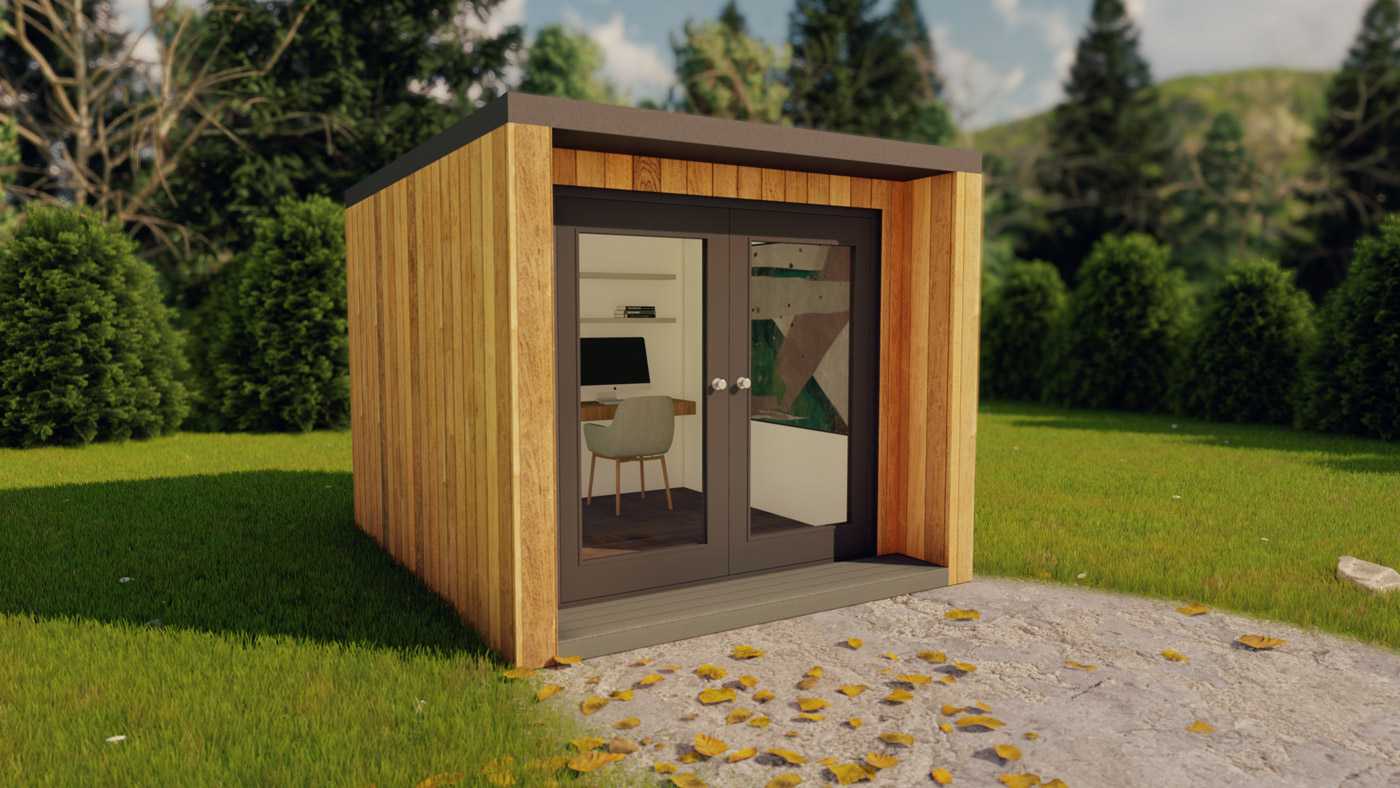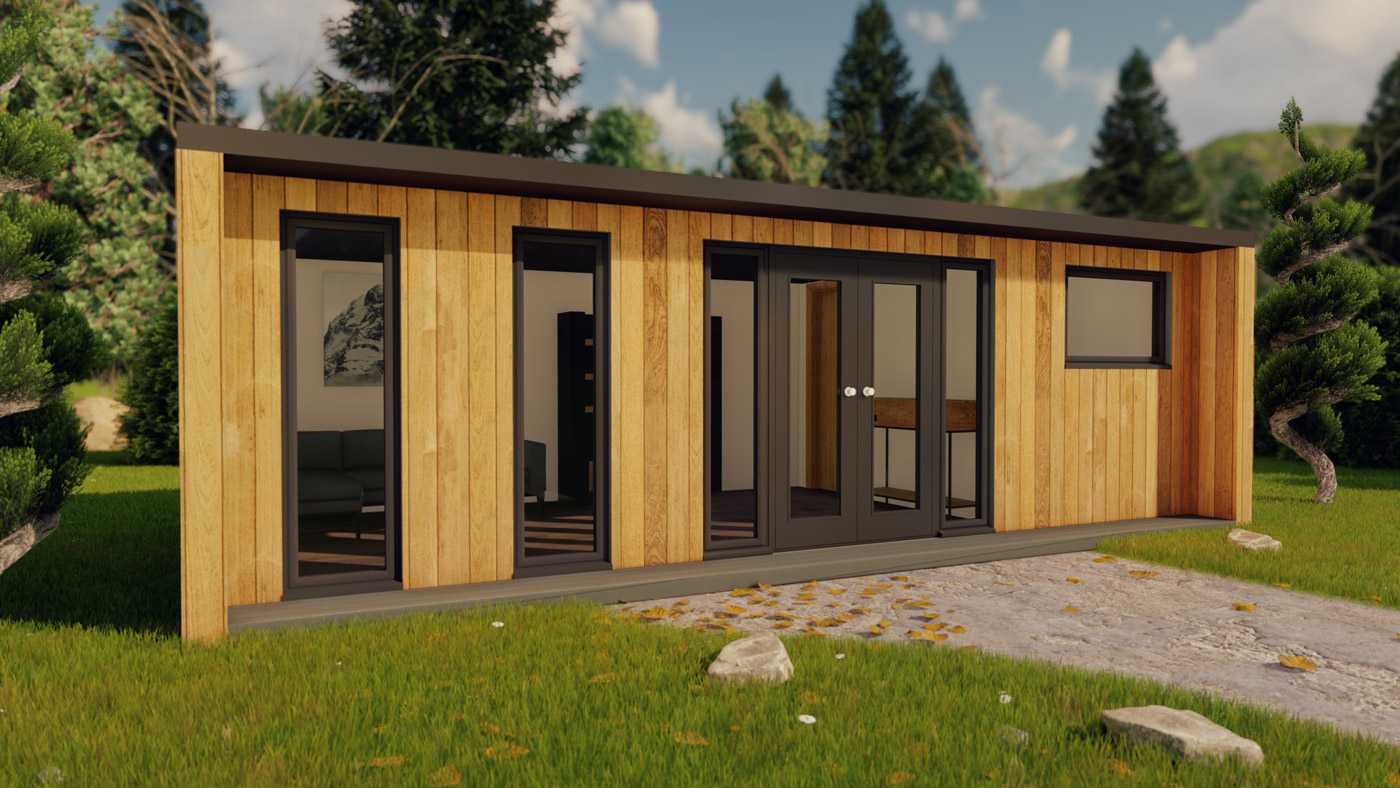Structural Insulated Panels
What are SIP Panels?
SIP panels, which stand for Structural Insulated Panels, are prefabricated building components used in construction. They consist of an insulating foam core sandwiched between two structural facings, the foam core provides insulation, while the facings provide structural support.
SIP Panel technology are used to construct walls, floors, and roofs in residential, commercial, and industrial buildings. They offer several advantages over traditional construction methods such as lower on-site costs, speed of build and weather versatility.
Why we use SIP Panels
Insulation
SIP Panels have fantastic insulation and eco qualities: Less waste is produced when you build with SIP Panels & very little energy is used during the manufacturing process. On top of this, the panels are typically made by sandwiching a core of rigid foam insulation between two structural facings, meaning that in building with SIP Panels, the insulation is already in place.
Cost
SIP Panels can be made to measure, meaning that when it comes to the SIP construction everything is already cut to size, saving time on-site. SIP building materials help to dramatically reduce the labour costs and time involved with the build.
Speed
Due to the nature of how they’re created SIPs are extremely easy to connect together as part of your build, meaning that the average project is completed in a shorter space of time. To put it into perspective, a flooring project which would usually take a couple of days can be completed in hours with SIPs. Strength is not side lined for speed and ease of construction with SIPs; SIP buildings are capable of withstanding extreme climate and weather conditions, making them ideal for constructions within the UK, roofing, extensions and garden buildings.
Versatility
SIP Panels are extremely versatile in their usage: from structure to flooring, roofs and extensions. The beauty of SIP Panels is that the thickness of the central insulation can be changed based on the intended use, meaning that SIP Panels can be easily be combined with other building materials, such as brick, block, stone, tiles, slate, wood, steel, and glass. SIP Panels are structurally superior to traditional wood framing—stronger and less susceptible to shifting and when using them with roofing, roof trusses can be eliminated, which allows living space beneath the roof. Converting roof space can add thousands to the value of your home.
SIPs for Garden Rooms
Our Garden Rooms built using Structural Insulated Panels are versatile, sustainable and efficient spaces that can serve a variety of purposes depending on the needs and preferences of the homeowner.
MCA Garden Rooms uses the QuadCore KS1000MR Micro Rib Wall Panel which is an ideal solution for all kinds of buildings from garden rooms to agricultural buildings. Its simple, ribbed profile works seamlessly with virtually any building design, providing a perfect finishing touch.
Its thermally efficient QuadCore Insulation core will help you to stay warm in the winter and cool in the summer.
Here are some common uses for garden rooms:
Garden rooms can serve as serene retreats for relaxation, beauty therapy, salons, yoga, meditation, or mindfulness practice, providing a peaceful sanctuary away from the hustle and bustle of daily life.
Artists, writers, musicians and other creatives often use garden rooms as dedicated studios where they can work on their projects in a peaceful and inspiring setting.
Some homeowners choose to build their garden rooms into personal gyms or workout spaces, equipped with exercise equipment, yoga mats, or other fitness accessories.
With the rise of remote work and flexible schedules, garden rooms offer a quiet and separate space away from the main house where individuals can focus on work or creative projects without distractions.
Garden rooms can be used as extensions of indoor living areas, providing a comfortable and scenic environment for relaxation, socialising, or entertaining guests.
Whether it’s gardening, crafting, woodworking, or any other hobby, garden rooms offer a dedicated space where enthusiasts can pursue their interests without cluttering up the main living areas.




